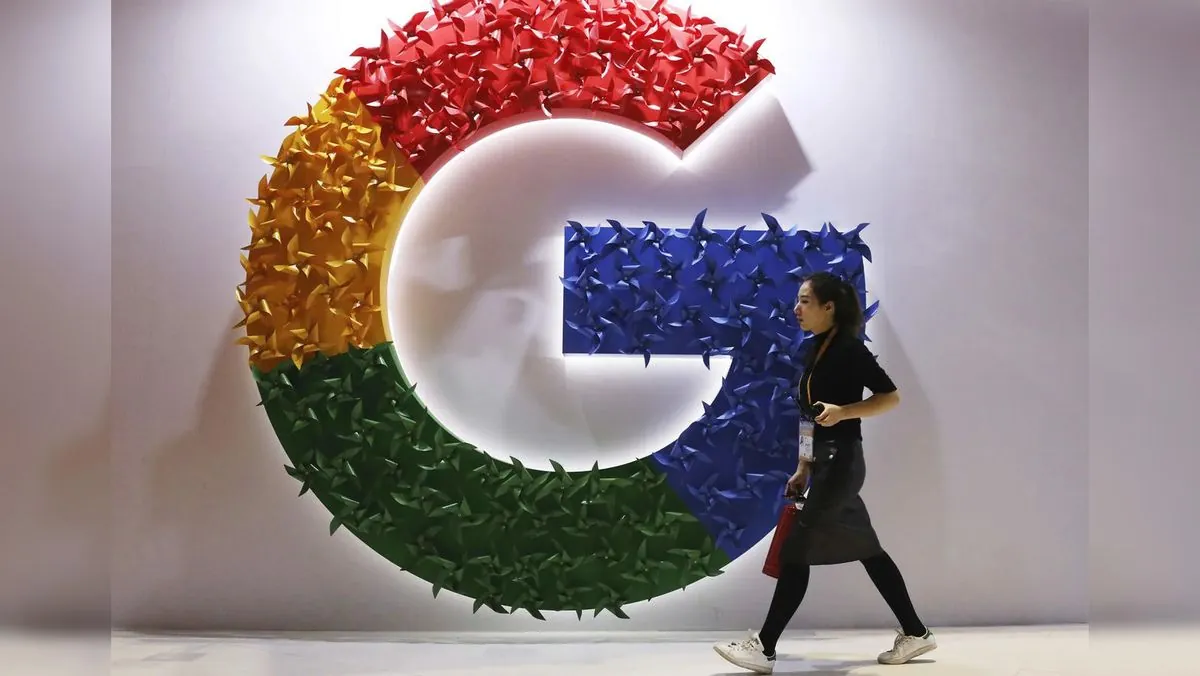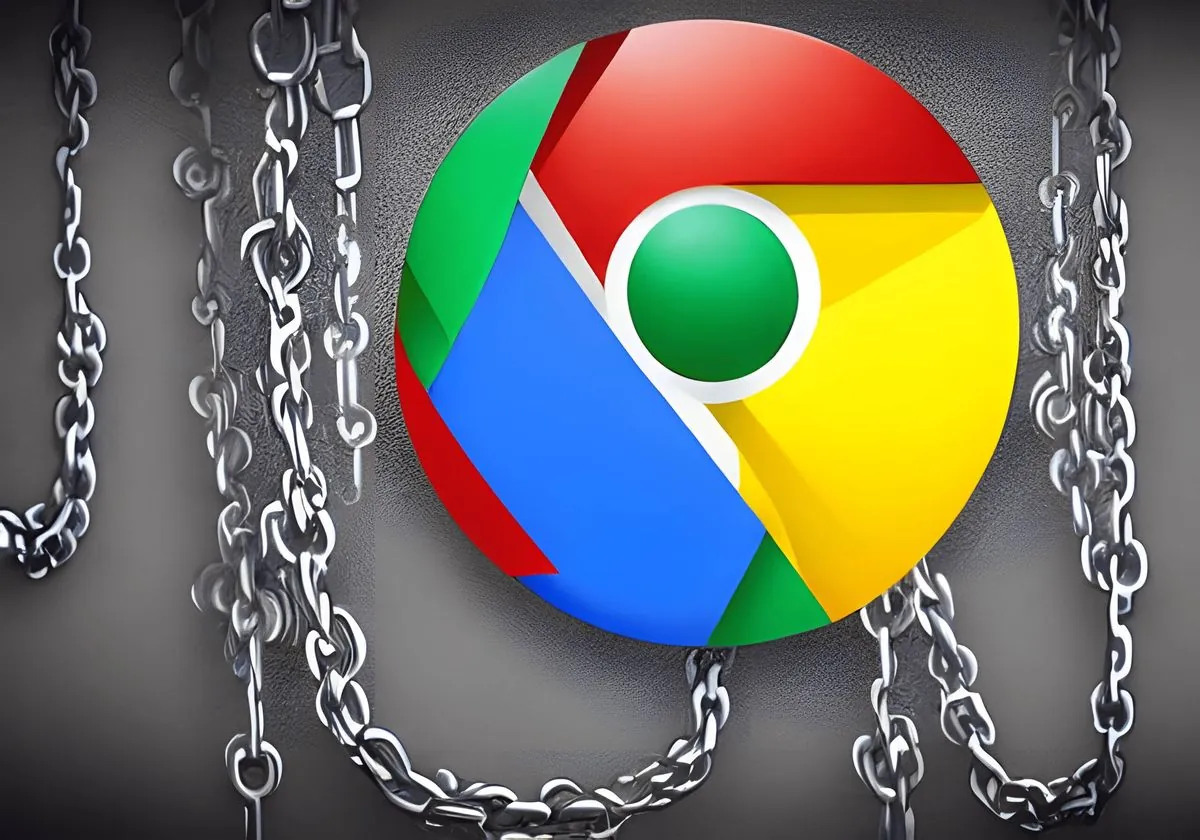Google Breakup Looms as Antitrust Pressure Mounts After Court Ruling
Federal court deems Google's search business an illegal monopoly. Authorities and experts consider breaking up the tech giant, potentially divesting Chrome and Android, to restore competition in the digital market.

In a significant development for the tech industry, a federal court recently ruled that Google's search business operates as an illegal monopoly. This landmark decision, made in August 2024, has intensified discussions about potential remedies, including the possibility of breaking up the tech giant.
The ruling marks the first such victory for the Justice Department in 24 years, prompting both legal teams to prepare for the next phase of the trial. A hearing scheduled for early September 2024 will determine the penalties, or "remedies," to be imposed on Google.
Colorado Attorney General Phil Weiser, leading a group of states that joined the Justice Department lawsuit, stated:
"Divestiture remedies, other conduct remedies, as well as an end to the illegal contracts are all on the table. Our position is it's simply not enough to end the illegal conduct. There needs to be additional steps that restore competition and enable rivals to be able to compete effectively after they've been squelched through illegal conduct by Google."
The Justice Department is considering various options, including requesting the divestiture of Google's Chrome browser and Android smartphone operating system. These products, which have become integral parts of the digital ecosystem, were first introduced in 2008 and 2008 respectively.

Antitrust experts are weighing in on the potential consequences of breaking up Google. Tim Wu, an antitrust scholar, suggests that divesting Chrome and Android could create space for rival search engines to compete more effectively. He also proposes granting other companies open access to Google's artificial intelligence technologies and training data.
The case draws comparisons to past antitrust actions against tech giants. The last major tech company breakup under federal antitrust law occurred 42 years ago with AT&T in 1982. Opinions on the long-term effects of that breakup remain divided, with some arguing it spurred innovation in telecommunications, while others point to the decline of Bell Labs and the U.S. position in the telecom equipment industry.
Google, founded in 1998 by Larry Page and Sergey Brin, has grown to dominate the search engine market with over 90% global market share. The company, whose parent Alphabet Inc. was created in 2015, has faced numerous antitrust investigations worldwide. In 2022, Google's annual revenue exceeded $280 billion, highlighting its significant market power.
As the legal proceedings unfold, the tech industry and regulators are closely watching the outcome. The potential breakup of Google could have far-reaching implications for innovation, competition, and the future of the digital marketplace.


































